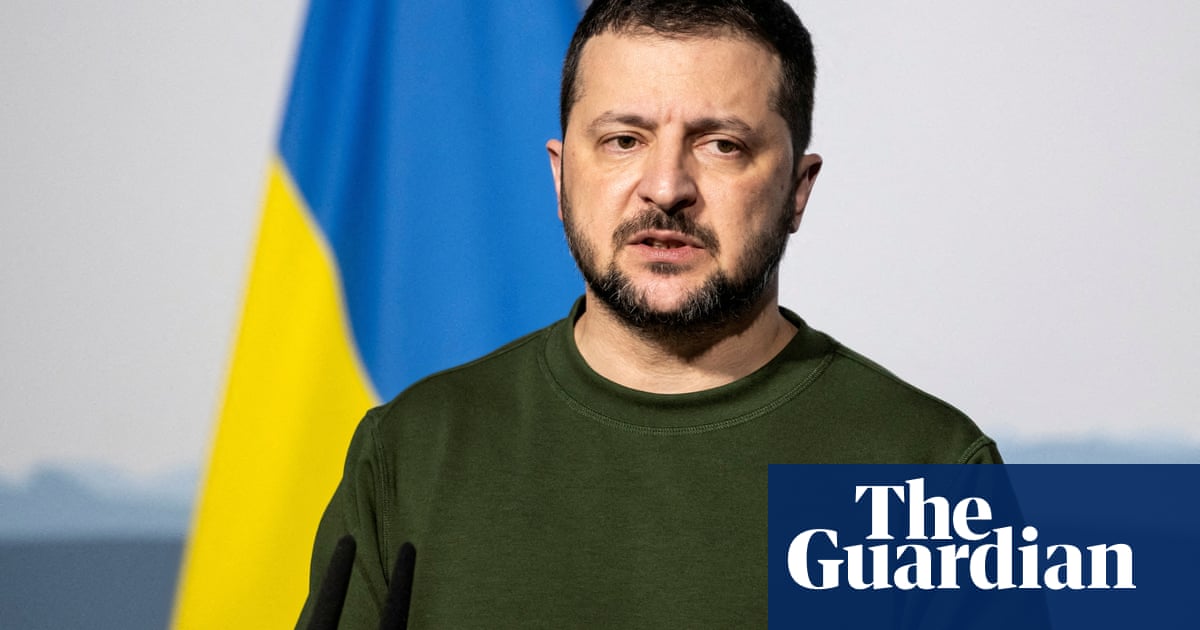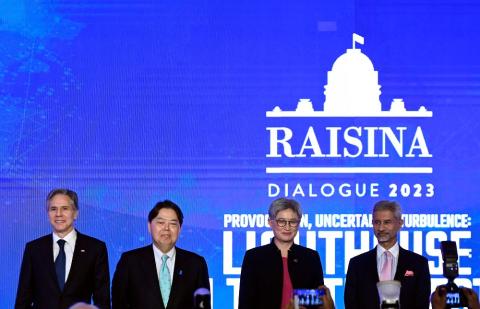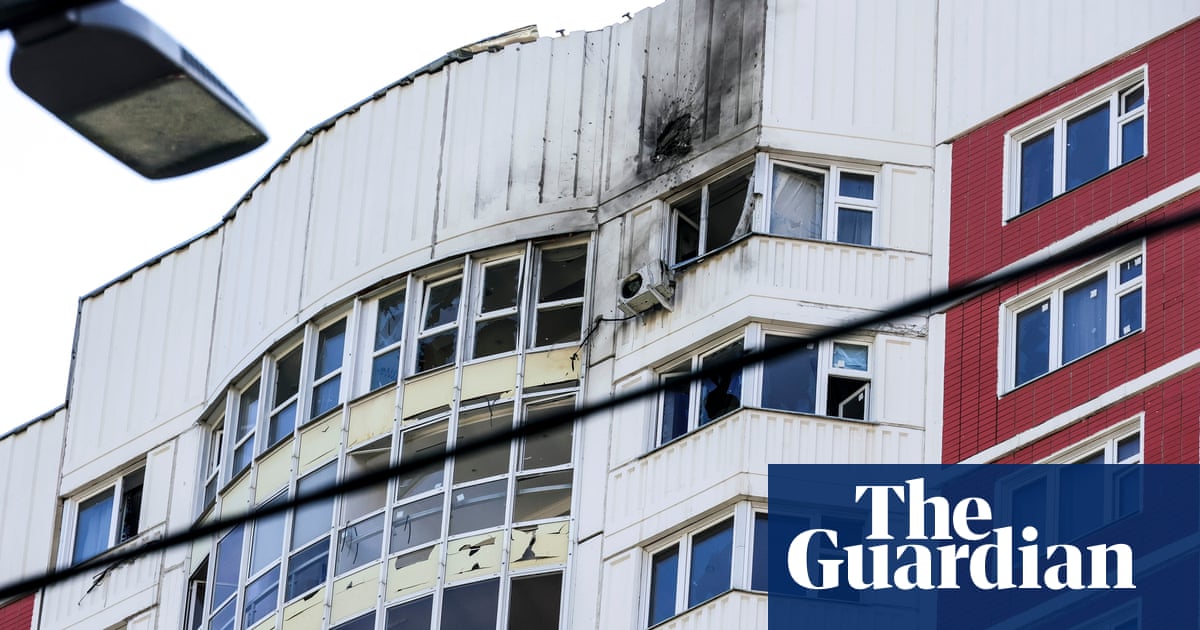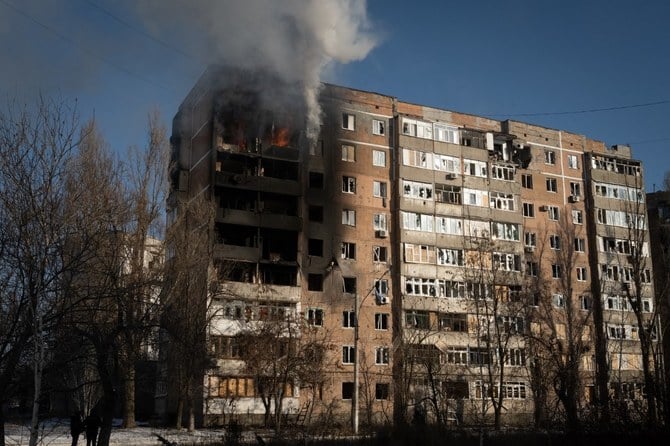
The BRICS summit in Kazan last week was intended to signal to the international community — and particularly the West — that Russia remains influential and far from isolated by its war on Ukraine, but the outcomes for Moscow were mixed.
The BRICS countries could not come to a unified stance on Ukraine. Their final declaration briefly stated: “We recall national positions concerning the situation in and around Ukraine,” and “all states should act consistently with the purposes and principles of the UN Charter in their entirety and interrelation.” This minimal mention of Ukraine, coupled with a general nod to the UN Charter, exposed the divisions within BRICS on this key issue.
Ukraine remains Russia’s most pressing national security and foreign policy concern. As both summit host and BRICS president, Russia aimed to forge a unified front on the conflict. But the failure to gain consensus was a major diplomatic setback, emphasizing the challenges Russia faces in reconciling the diverse and often divergent interests within BRICS.
BRICS brings together nations with longstanding regional rivalries and conflicting global perspectives.
Luke Coffey
Given the varied political landscapes of its member countries, the lack of consensus on Ukraine should not be surprising. BRICS brings together nations with longstanding regional rivalries and conflicting global perspectives. For instance, relations between China and India remain tense over their unresolved border. Iran and the UAE often find themselves on opposite sides of issues in the Gulf, while Egypt and Ethiopia are frequently at odds over regional concerns, particularly the Nile’s water resources. These differences mean that reaching alignment on controversial issues, especially those as complex as Ukraine, is challenging at best.
For some BRICS members, such as Russia and China, the group offers a way to establish an alternative to what they view as a G7 and West-dominated global system. They see BRICS as a counterbalance to perceived Western hegemony, providing a space to challenge established norms and build influence. However, other BRICS members view their participation as supplementary to their relationships with the West rather than a replacement. These countries seek balanced engagement on several fronts, prioritizing economic cooperation and stability without necessarily subscribing to an anti-Western stance. This split in purpose and perspective makes it difficult to achieve unified action within BRICS on divisive issues such as Ukraine.
This reflects broader international divides on the conflict. Within Europe, attitudes toward the war are mixed, and signs of war fatigue are emerging. In many European states, parties on both the far left and far right are calling for reduced aid to Ukraine. Leaders in Hungary and Slovakia, for example, have publicly questioned the wisdom of continued support, calling instead for territorial concessions to Russia in the interest of a negotiated peace. This lack of unity among NATO members was evident at the alliance’s Washington summit in July, when high hopes for a clear path to membership for Ukraine went unmet.
The war in Ukraine is also a significant point of division in the US, where the two leading presidential candidates hold opposing views. Vice President Kamala Harris has expressed a firm stance in support of Ukraine, although she has not indicated that her approach would differ significantly from the policy of the Biden administration. On the other hand, former President Donald Trump has suggested he could negotiate a peace deal between Ukraine and Russia, which would probably involve Ukraine ceding territory and agreeing to remain outside NATO and the EU.
The war is also a significant point of division in the US, where the two leading presidential candidates hold opposing views.
Luke Coffey
As each country formulates its own policy, certain foundational truths must remain central. When Ukraine declared independence in 1991, its borders — including Crimea — were internationally recognized, including by Russia. This underscores why Russia has struggled to find support for its war outside a small group of allies such as North Korea, Iran, and Belarus. Ukraine gave up its nuclear arsenal in the 1990s with assurances from Russia and the international community that its borders would be respected. Since then, Ukraine has consistently adhered to its obligations under the UN Charter, making it essential that any resolution to the conflict respects Ukraine’s territorial integrity and aligns with international law.
As the situation continues to evolve, shifts in political leadership across the globe could alter the support landscape for Ukraine. The US election will lead to a new administration, and possibly a change in policy on Ukraine. Additionally, several European countries are preparing for elections, and shifting public opinion could usher in governments less inclined to support Ukraine. Meanwhile Russia continues to use platforms such as BRICS to advance its agenda and assert its relevance on the global stage, though the summit highlighted the limitations of this approach.
The path forward remains uncertain. The inability of BRICS to agree on Ukraine reflects a broader, fractured global response to the conflict, a reality that Ukraine and its allies must navigate carefully in the months ahead.
Luke Coffey is a senior fellow at the Hudson Institute. X: @LukeDCoffey












